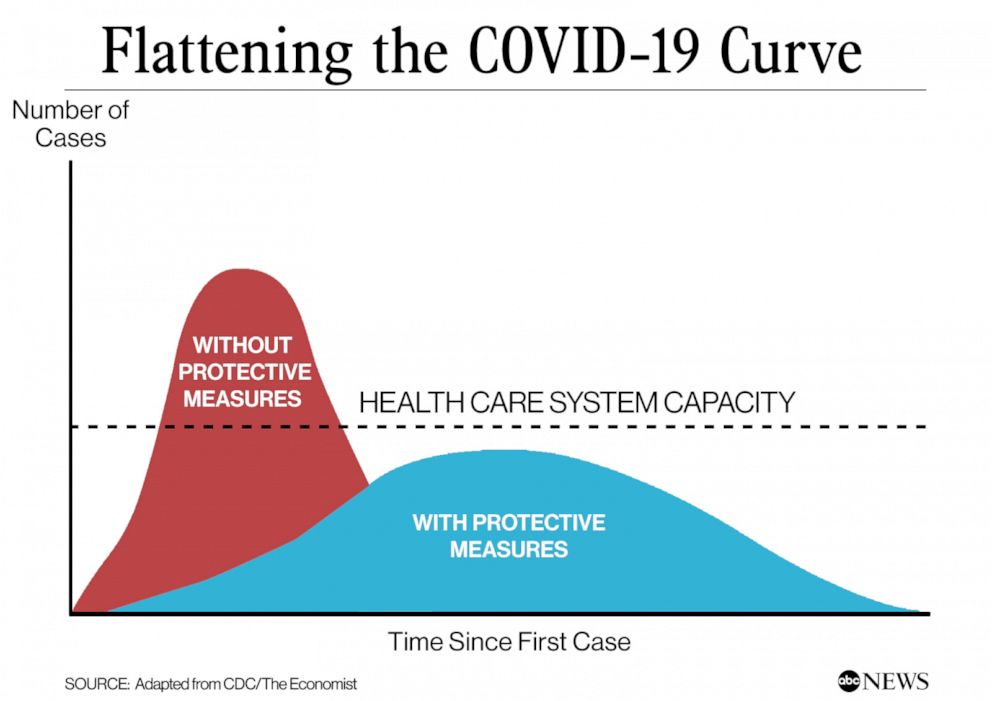BrianLo
Well-Known Member
There is actually no one correct statistic. That's the truth of the matter, anyone who says otherwise is picking whatever supports their position. They are all varying levels of surrogates towards the true real data.
For example, the case load may suddenly quadruple in the 20-30 year old demographic - which may not inherently cause a sudden hospitalization spike. But that is certainly extremely worrying that high risk populations could soon follow with so many additional vectors out in the community.
This percent positive rate is at best a surrogate for the states doing adequate testing to not miss an absolute ton of cases. I'm not sure why it is suddenly being flaunted as the be all end all of the Pandemics control. It is pretty meaningless otherwise. The percent positive rate (<5%) could have been achieved with enough testing of asymptomatic individuals anywhere at any time. Wuhan, New York, Italy, etc.
Adequate testing is just one very small slice of the overall pie. There were pretty reasonable criteria set out at the start, many criteria needed to be met. Now it has become a game of meet whatever criteria looks the best.
Or in some cases just ignore them all if none look right and continue forward. Time will tell, but so far we don't have a single case study of a country successfully ignoring the *overall* data.
For example, the case load may suddenly quadruple in the 20-30 year old demographic - which may not inherently cause a sudden hospitalization spike. But that is certainly extremely worrying that high risk populations could soon follow with so many additional vectors out in the community.
This percent positive rate is at best a surrogate for the states doing adequate testing to not miss an absolute ton of cases. I'm not sure why it is suddenly being flaunted as the be all end all of the Pandemics control. It is pretty meaningless otherwise. The percent positive rate (<5%) could have been achieved with enough testing of asymptomatic individuals anywhere at any time. Wuhan, New York, Italy, etc.
Adequate testing is just one very small slice of the overall pie. There were pretty reasonable criteria set out at the start, many criteria needed to be met. Now it has become a game of meet whatever criteria looks the best.
Or in some cases just ignore them all if none look right and continue forward. Time will tell, but so far we don't have a single case study of a country successfully ignoring the *overall* data.






